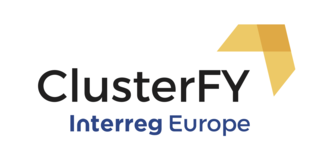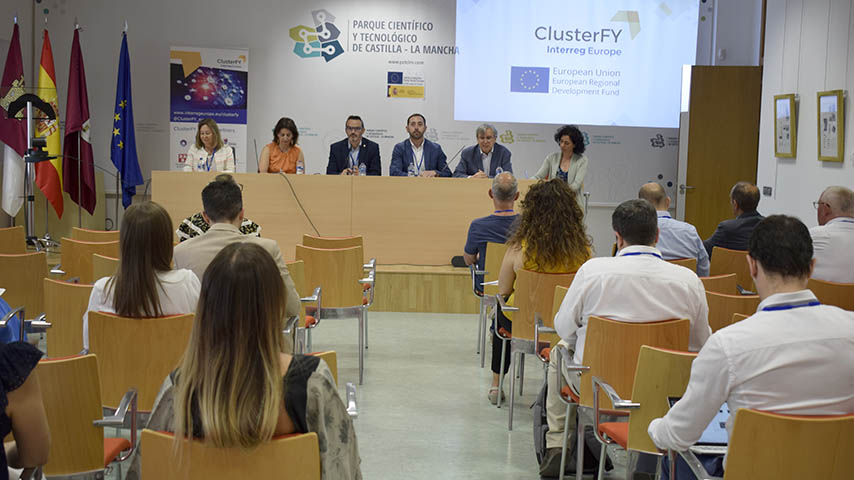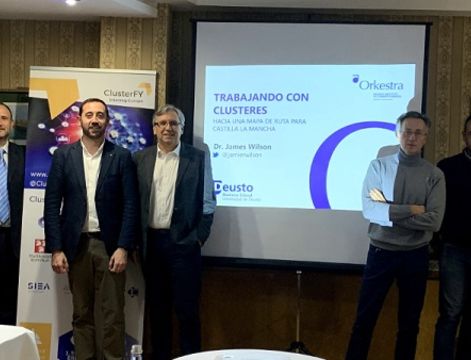The conference was organized by Romania Cluster Association - CLUSTERO and the Hungarian Ministry of Finance, being financially supported by the Clusterix 2.0 project, fundind by the INTERREG Europe Program.
The conference was an opportunity to create the framework for the first EU Week Clusters initiative launched by the European Commission, DG GROWTH. The event brought together representatives of the European Commission, clusters, national, regional and local authorities, academia, government agencies as well as cluster experts from Romania, Hungary, Austria, Belgium, Bulgaria, Czech Republic, Denmark, France, Finland, Georgia, Germany, Italy, Poland, Republic of Moldova, Spain, Sweden.
The agenda of November 20th was divided into 4 sessions of discussion: the first debating session was focused on Cluster Business Models - new models of innovation in a fast-changing world and European Prospects and Opportunities through Clusters from Bihor County; the second session - How to Support and Further Develop Cluster Management - focused on discussing how cluster management entities can be supported for sustainable development and the third session was Digital Transformation focused on digital evolution.
The ClusterFY project was presented during the 4th session - Interregional Cluster Policy Learning, along with other projects funded under Interreg Europe, Interreg Danube and Horizon 2020. 
The meeting was a good opportunity to promote and disseminate the activities of the ClusterFY project and to learn from the best practices applied in other region and countries as well as an opportunity to broaden the networking area and to develop new collaborations with entities and specialists.
The ClusterFY project "Fostering Clusters’ Interregional Collaboration and Integration into International Value Chains" aims to improve regional and national policy instruments seeking to intensify Key Enabling Technologies (KET's) - related clusterization processes, as well as fostering interregional cooperation between and among clusters and business networks and encourage their integration into innovative value chains. These developments advance the implementation of regional innovation strategies.










